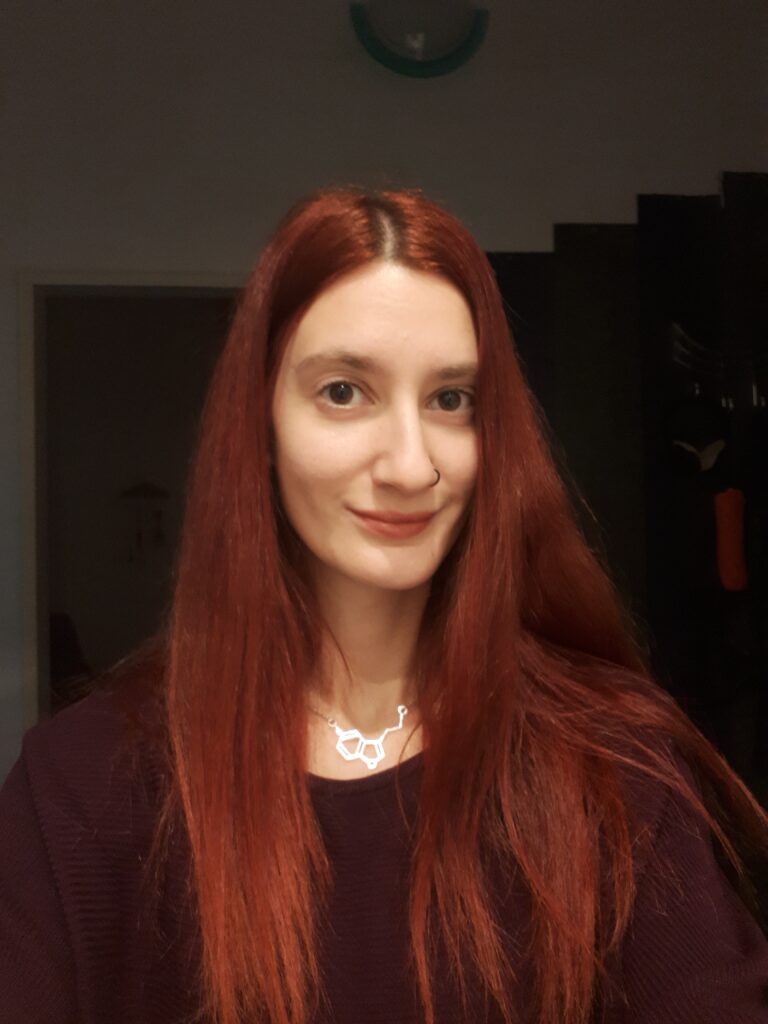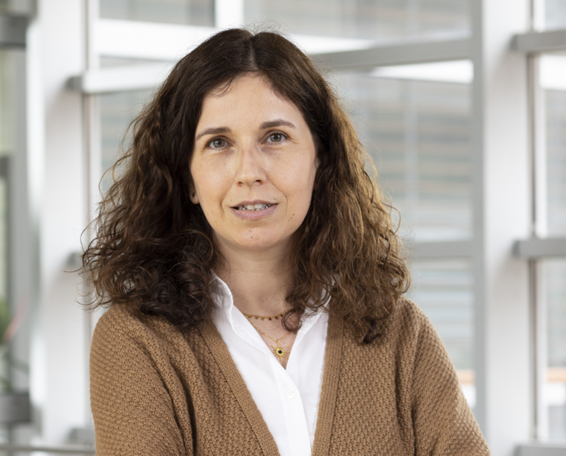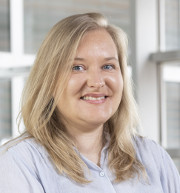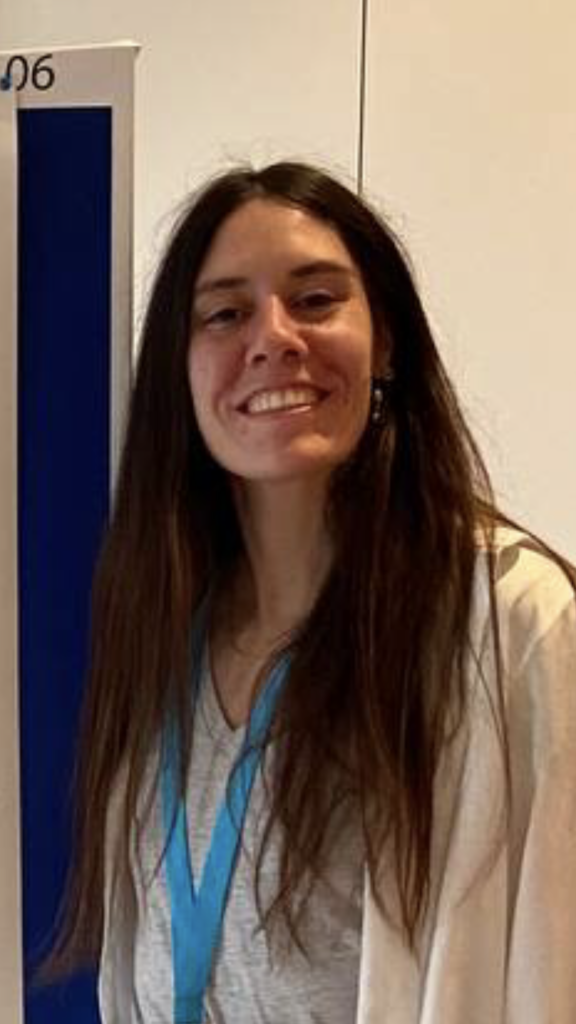Website: https://www.icra.cat
ICRA-CERCA is leading T1.1 (water characterization and definition of the PRIMA-SAFE framework) providing the experimental basis for sampling, sample pre-treatment, and analytical techniques for the measurement of selected emerging contaminants, mainly pharmaceuticals, in different matrices (treated wastewater by UM and IRSA, soil by UNIBAS, and the selected plant tomato, Solanum lycopersicum, by ICRA-CERCA). ICRA-CERCA is also leading WP2 aiming at: 1) determining secondary plant metabolites and antioxidants as well as organic micropollutant uptake; 2) assessing soil biodiversity; 3) assessing environmental and human health risks (ICRA-CERCA also as task leader), 4) comparing different irrigation modes. ICRA-CERCA participates in WP4 (pilot implementation in Tunisia and Morocco), in WP5 (development of an optimization model), and in WP6 in terms of dissemination, exploitation, and communication.
Key personnel involved

Gianluigi Buttiglieri
PhD in Sanitary and Environmental Engineering from Politecnico di Milano (Italy, 2008), is research scientist at the Technologies and Evaluation Research Area at ICRA-CERCA. His research interests have evolved from wastewater treatment (e.g., activated sludge systems, membrane technologies) to circular economy issues, decentralized treatment, nature-based solutions, and water and health for wastewater and greywater treatment and reuse, including emerging contaminants (e.g., pharmaceuticals, endocrine disrupting compounds). During his research career he has secured more than €1 M in research projects funded by National and EU competitive calls. He has been participating in 30 research projects (also as PI, and large EU project scientific manager). He has published more than 60 scientific articles in high impact journals (SCOPUS citations: 2325, h-index: 26).

Sara Rodriguez Mozaz
PhD in environmental chemistry, University of Barcelona (2005). From 2005 to 2009 postdoctoral fellow in Sanofi-Aventis (Frankfurt, Germany) and University of North Carolina (US). Since 2009 Research Scientist at ICRA-CERCA, where she is leading the research line “chemical contamination of water bodies”. Her research is focused on the study of the origin, distribution, transformation, and impact of emerging contaminants (including microplastics) in the environment and in human health, through the development of advanced analytical tools. Published more than 140 papers (Q1) and participated in 13 European projects and 11 national projects.

Sofia Semitsoglou Tsiapou
PhD in environmental chemistry, specialized in advanced oxidation processes, in the degradation of organic micropollutants and the detection/quantification of their products by means of chromatography/spectrometry. Her previous position in ICRA-CERCA in the EU HYDROUSA project dealt with the uptake of micropollutants from crops fertigated with reclaimed wastewater, directly linked to her current position as the principal researcher for the uptake of micropollutants from the tomato crop fertigated with reclaimed wastewater in the PRIMA-SAFE project.

Lúcia H.M.L.M. Santos
pharmacist holding a PhD in Analytical Chemistry. Over the last 14 years, her research has been developed in the Environmental Chemistry and Ecotoxicology field, focusing on the development of innovative analytical methods to study the sources and fate of emerging contaminants (ECs) (e.g., pharmaceuticals) in the environment; monitoring the fate of ECs; linking the environmental exposure to ECs with the impact to non-target organisms in terms of toxicity, bioaccumulation, biotransformation and metabolic changes; and studying the risks to human health. She published 47 peer-reviewed articles and 3 book chapters and participated in 8 European and national R&D projects. She supervised 3 PhD theses, 6 MSc, 3 BSc, and various visiting researchers. Presently, she is postdoctoral researcher advanced at ICRA-CERCA.

Josephine Vosse
is currently pursuing a PhD in Water Science and Technology at ICRA-CERCA and University of Girona (Spain). Her current research concerns the growth of crops for human consumption in nature-based water treatment and reuse solutions. She hereby focusses on the accumulation of pharmaceuticals and endocrine disrupting compounds in the edible part of crops irrigated with reclaimed water (grey and/or wastewater), with the intention to help bridge the knowledge gap identified in the European water reuse regulation (2020/741), about the potential human health risk related to agricultural irrigation in water reuse applications. The legal requirements for water reuse in the EU was topic of her research in KWB to obtain the MSc degree in TH Köln (Germany).

Maria Pau Garcia Moll
holds a degree in Chemistry and a MSc in Chemical Science and Technology from the University of the Balearic Islands. With two years of experience developing analytical methods for emerging contaminants, she is currently pursuing a PhD in Water Science and Technology at ICRA-CERCA and University of Girona (Spain). The research integrates nature-based water reuse strategies with advanced monitoring, examining the presence and impact of micropollutants, including plastic additives and their transformation products in environmental systems. The aim is to contribute insights into the fate of these contaminants in water treatment, emphasizing water reuse initiatives.
